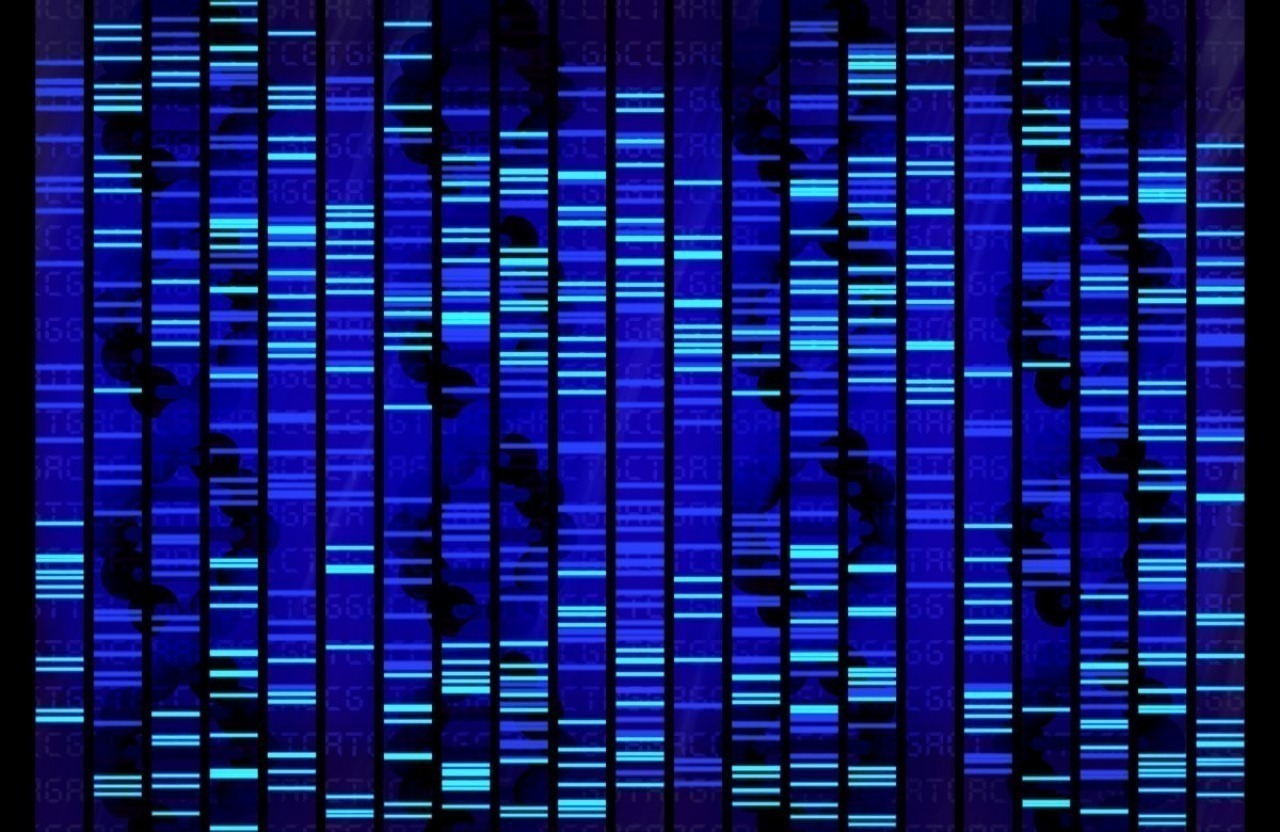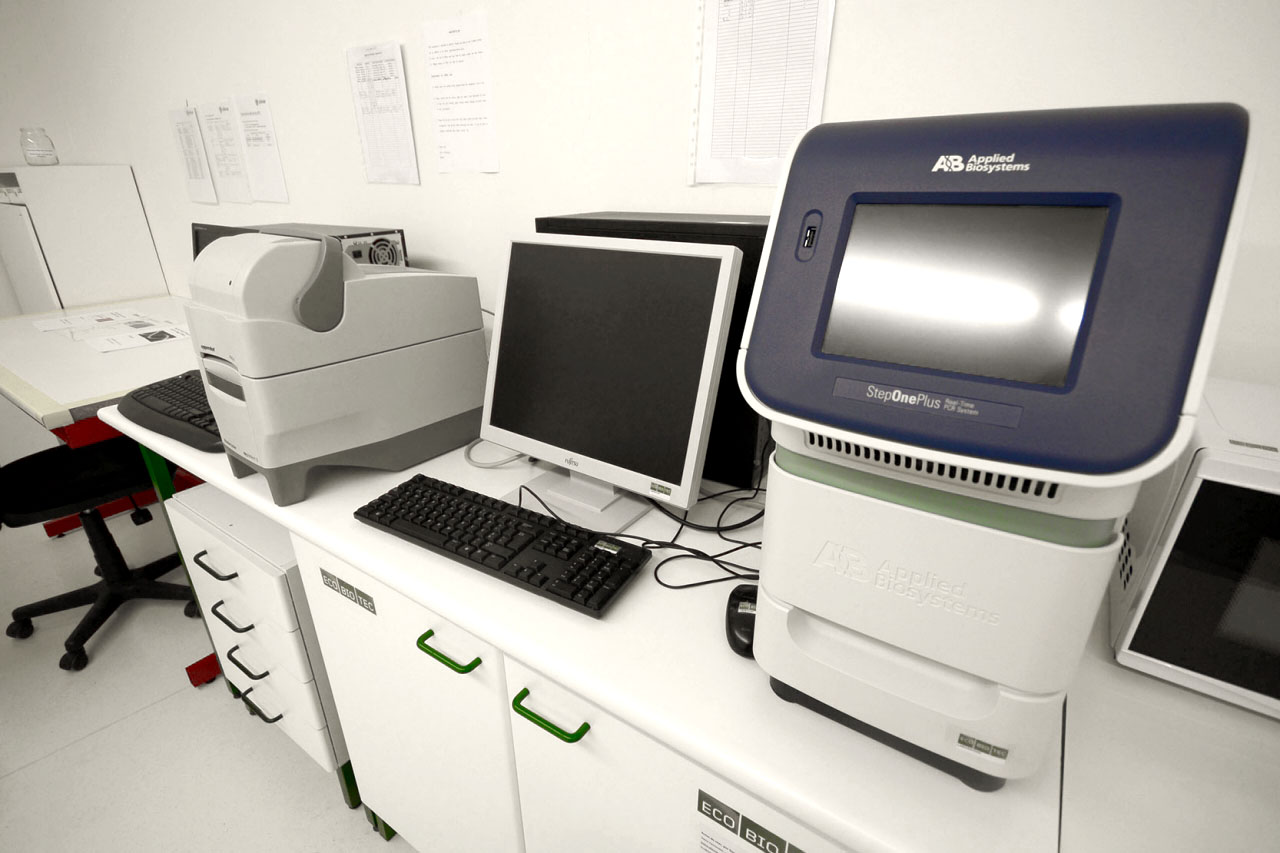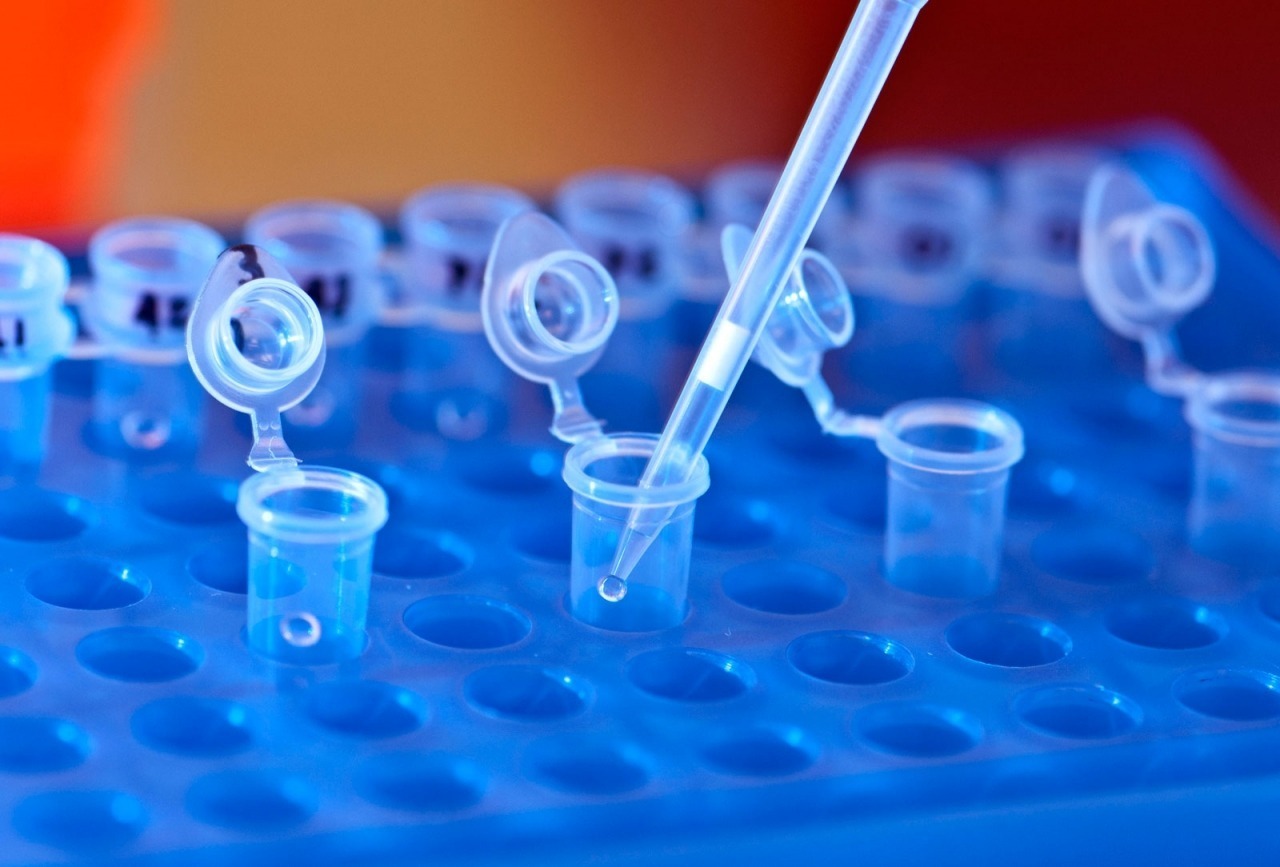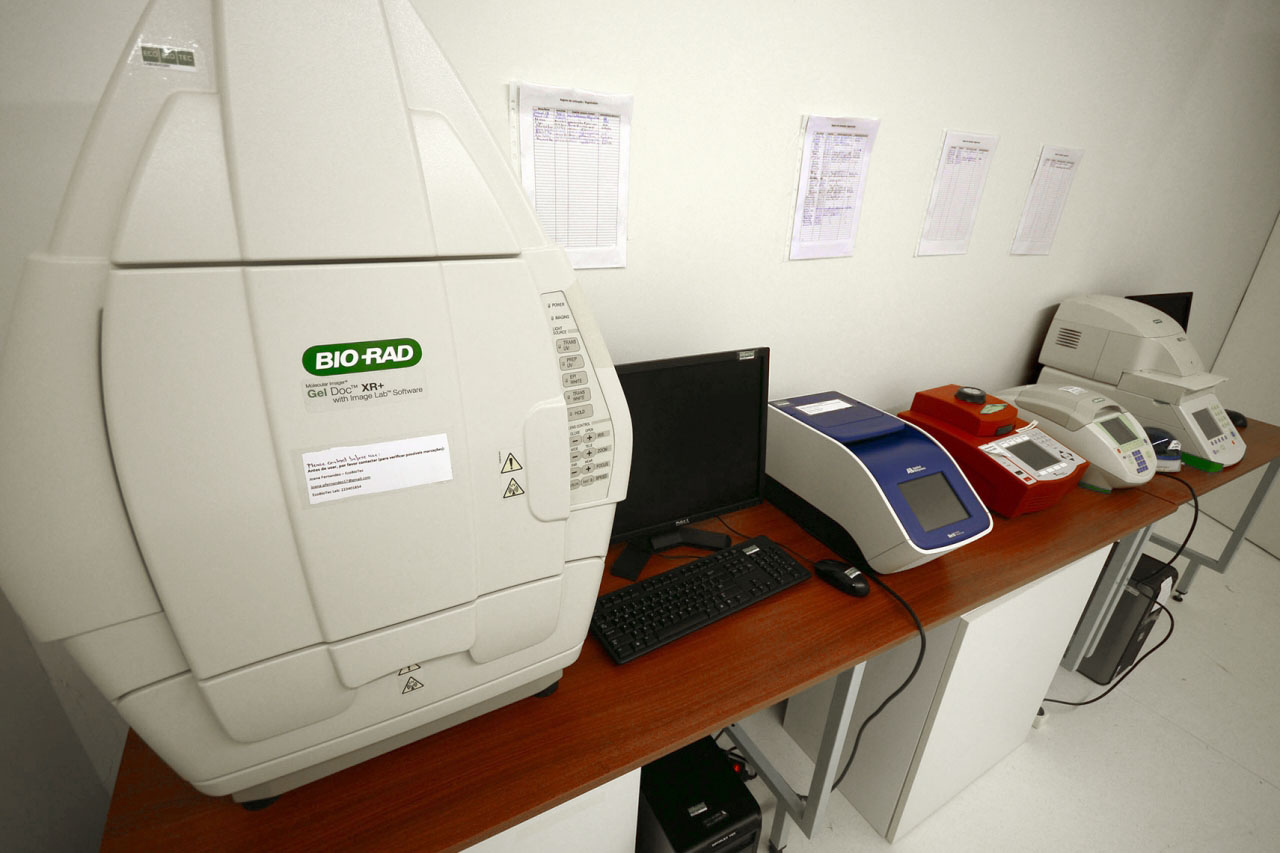

Team Leader
Elsa Froufe, a Principal Investigator at CIIMAR, holds a Biology degree from Aveiro University (1997) and a PhD from the University of Porto (2006). With a strong background in genetics and evolutionary biology, Elsa’s work focuses on understanding aquatic biodiversity patterns and ecosystem complexities. Passionate about fostering scientific collaboration, she actively collaborates with a vast network of researchers as she is particularly interested in the application of integrative cross-discipline approaches to study different levels of aquatic biodiversity organization. In the last years she has been focused on the impact of climate changes in the aquatic biodiversity.







